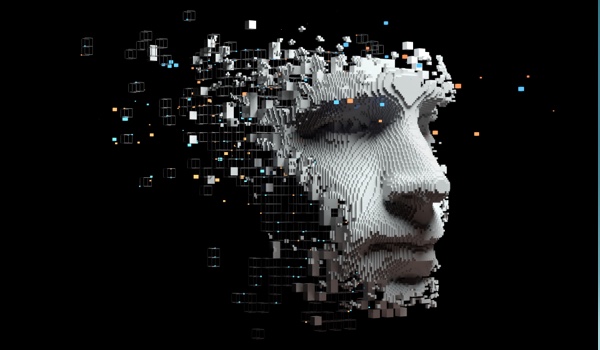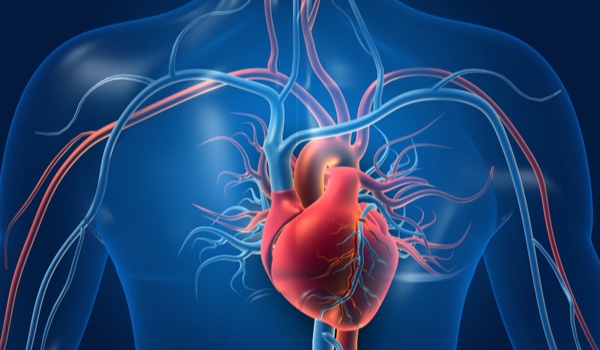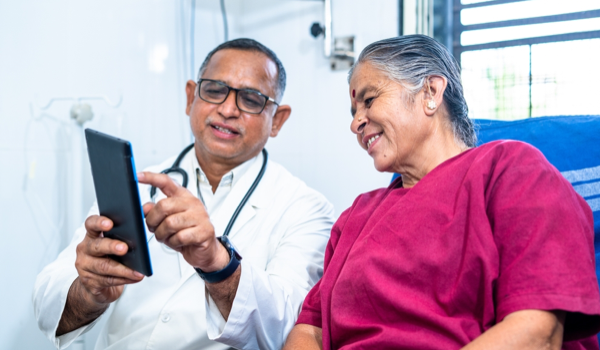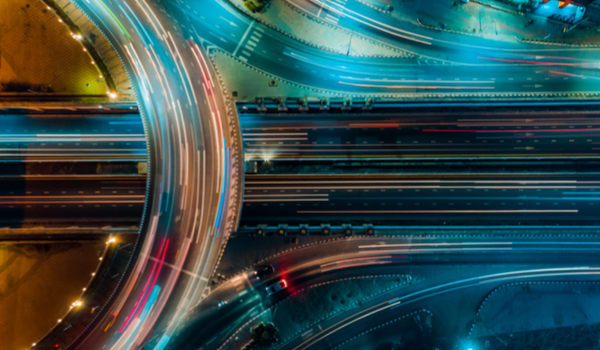


DALLAS, TEXAS - Artificial intelligence (AI) is: “intelligence demonstrated by machines, as opposed to the natural intelligence displayed by animals (including humans). AI research has been defined as the field of study of intelligent agents, which refers to any system that perceives its environment and takes actions that maximize its chance of achieving its goals,” according to Wikipedia.
When applied to imaging, AI is used to diagnose a pathology - typically in a human - based on the images of the body presented. Interestingly, for the most part, AI researchers and companies are ignoring something that humans using natural intelligence have known since John Hall-Edwards first used x-rays in 1896, which is that it is incredibly helpful to see previous images.
AI nowadays typically looks at an image taken today and attempts to make a clinical diagnosis - or at least a recommendation - based on that image. Does this image represent cancer? Is there a fracture in the bone? Is there evidence of a stroke occurring? The list goes on and on.
One field that has used AI, previously know
The content herein is subject to copyright by The Yuan. All rights reserved. The content of the services is owned or licensed to The Yuan. Such content from The Yuan may be shared and reprinted but must clearly identify The Yuan as its original source. Content from a third-party copyright holder identified in the copyright notice contained in such third party’s content appearing in The Yuan must likewise be clearly labeled as such. Continue with Linkedin
Continue with Linkedin
 Continue with Google
Continue with Google










 1214 views
1214 views







